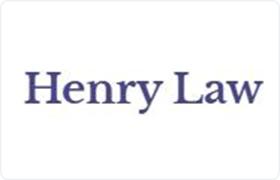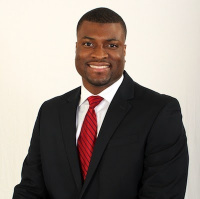 Queens County, NY Felony Lawyers
Queens County, NY Felony Lawyers
Sponsored Law Firm
-
 x
x

Click For More Info:
-
Henry Law
825 E Gate Blvd Suite 106 Garden City, NY 11530» view mapEmployment, Bankruptcy, Criminal, FMLA, Civil The Difference.
We practice in an array of practice areas, and employ modern technology in helping you achieve your legal objectives.
800-974-2431
Sponsored Lawyers
1-3 of 3 matches
Criminal, Felony, DUI-DWI, Misdemeanor, Family Law
Ronald Nir has represented individuals and corporations in Criminal Cases for more than 30 years. He has tried to completion well over 250 felony and misdemeanor trials. He prides himself on his experience and track record. Mr. Nir has donated his time to the New York City Department of Education, various local community groups and organizations such as the Congregation of Racial Equality. RONALD NIR WILL BE THERE FOR YOU. Ronald Nir has been in the news, on behalf of his clients, on many occasions. While he does not seek out the Press, the Press seeks him out. He has also appeared on various television programs as a legal analyst. Ronald Nir has lectured on many different and varied areas in Criminal Law including fingerprint evidence, New York discovery and evidence, DNA evidence, Sex Offender Registration and Management, Speedy Trial and legal ethics. Ronald Nir is well respected amongst his peers as evidenced by his BV rating with Martindale-Hubbell.
(more)


 Chauncey Henry Garden City, NY
Chauncey Henry Garden City, NY Practice AreasExpertise
Practice AreasExpertise

